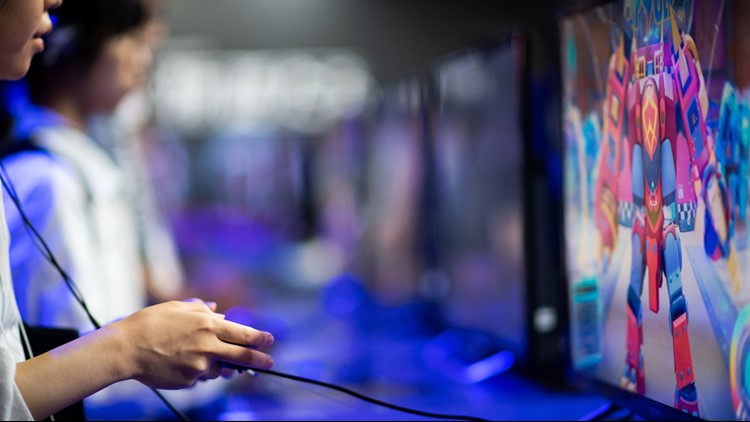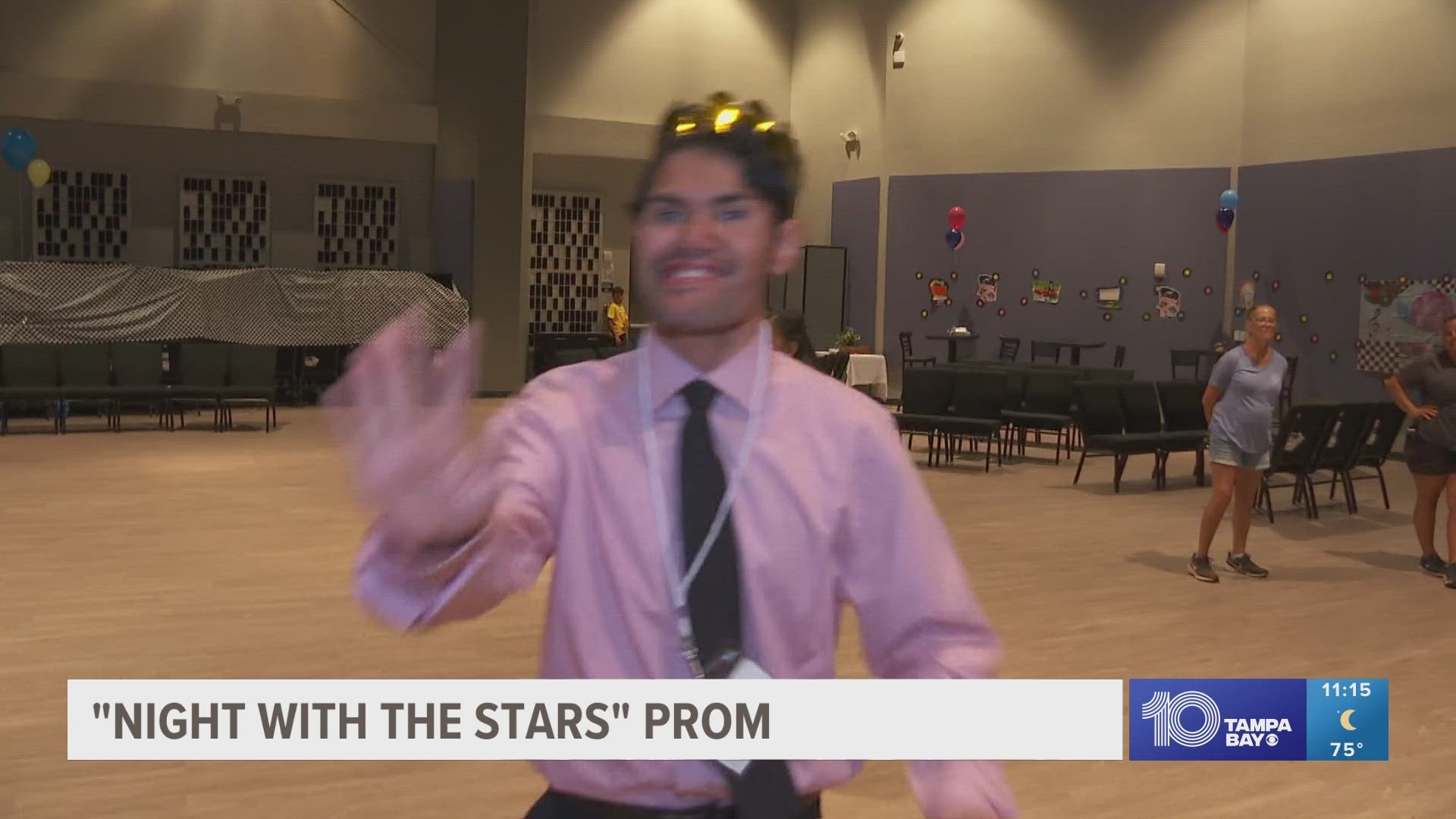More than 150 million Americans are estimated to play video games, and 60 percent of them do so every day.
Colleges nationwide are spending millions of dollars developing E-Sport programs and teams.
Students say it helps them pursue careers in coding and video game design, but critics worry about the addictive nature of the games.
Adam Brooker, 26, failed out his freshman year in college after his gaming spiraled out of control.
"I would be layin' in bed. I'd be like, 'Oh my gosh, like, I just I can't, I just can't do it. I can't go to class. I'm just gonna play video games,'" Brooker, a junior at North Carolina State University, explained.
Brooker's mother wasn't concerned because he excelled academically in high school.
"I thought college was gonna cure him of his hobby or his addiction, but it didn't cure him. It made it worse," Brooker's mom Melanie Hempe said.
E-sports have exploded in popularity on college campuses across the nation, raising long-term physical and mental health concerns.
To learn more about the impact, researchers at Ohio State University are wiring e-sport athletes up, as well as performing EEGs and stress tests to find out what happens during gaming.
"We see some of their stress levels go up a little higher," said James Onate, co-director of sports medicine movement analysis at Ohio State. "We see their heart rates get up a little bit higher."
Dr. Michael Fraser, a psychologist, says high school students who suffer from anxiety, depression, learning disorders -- or have a hard time turning the game off -- are most at risk in college.
"Compared to five years ago, the number of students I'm seeing this year from college has more than doubled," Dr. Fraser said.
After failing out of school, Brooker enlisted in the Army. Five years later, and with a tour of duty in Iraq behind him, he is back at NC State University.
Brooker hopes more research will help prevent those at risk from falling prey to video games.
His mother has started a group called “families managing media” that helps other parents dealing with their children’s gaming.
►Make it easy to keep up-to-date with more stories like this. Download the 10News app now.
Have a news tip? Email desk@wtsp.com, or visit our Facebook page or Twitter feed.



